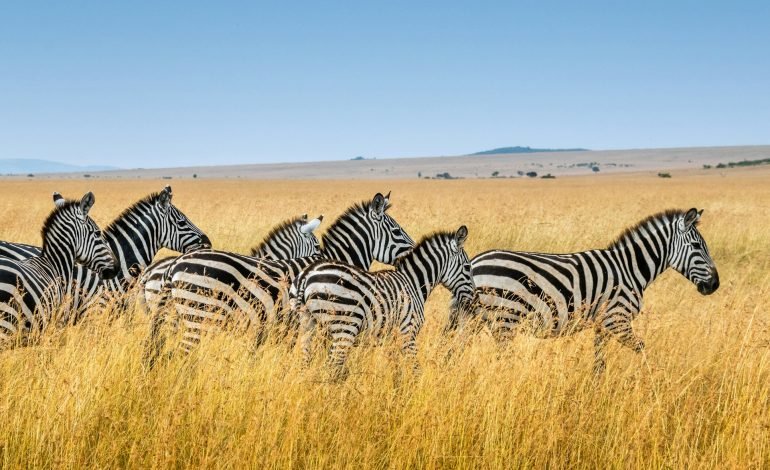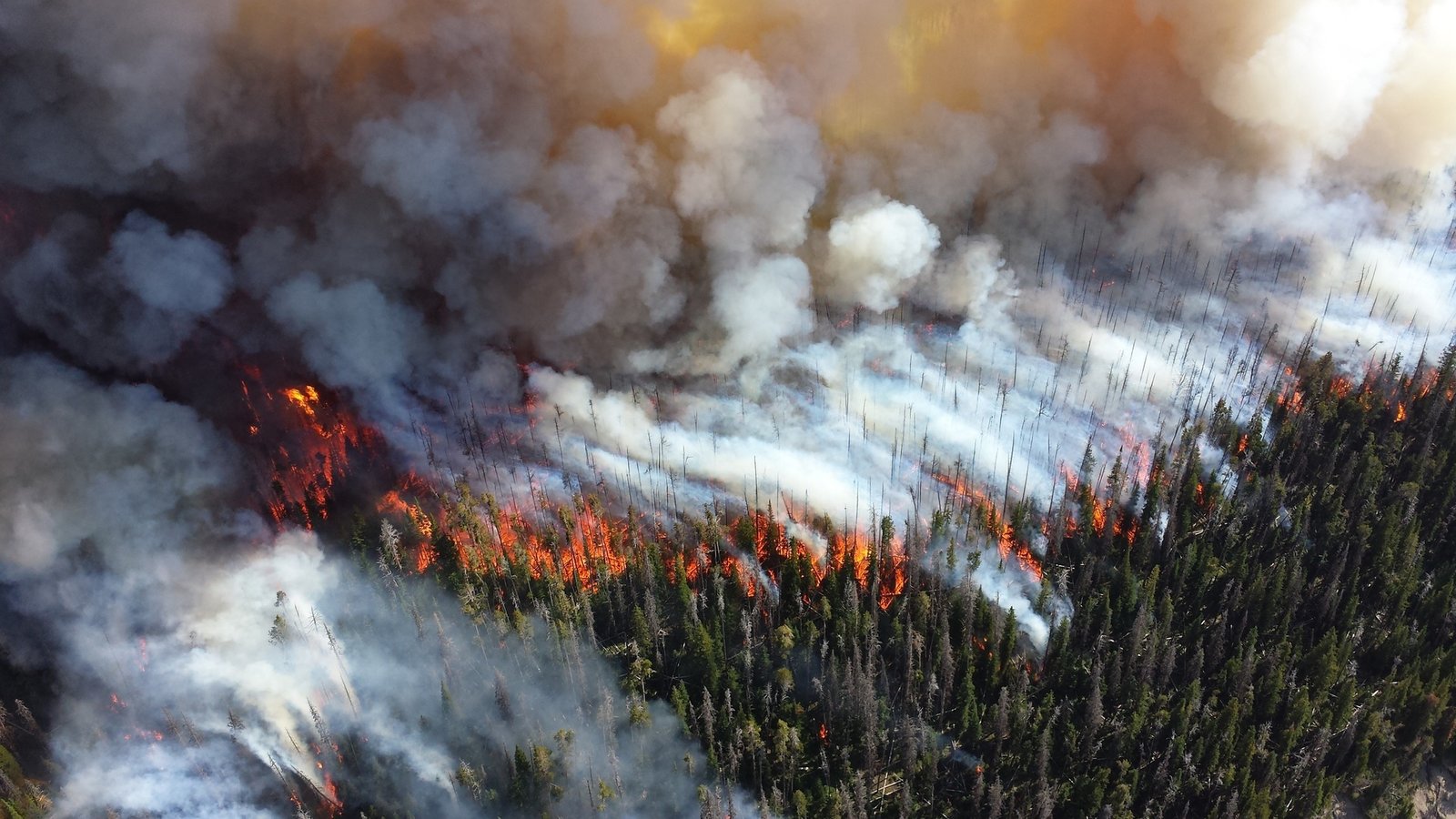Namibia plans to kill more than 700 wild animals for meat during drought

Namibia is planning to kill over 700 wild animals, including elephants, hippos, and zebras, to distribute the meat to those struggling with food insecurity. This comes as the African nation deals with its worst drought in a century. The animals that will be part of the cull include 83 elephants, 30 hippos, 60 buffalo, 50 impala, 100 blue wildebeest, and 300 zebras, according to the Ministry of Environment, Forestry and Tourism.
They will come from national parks in Namibia as well as communal areas with “sustainable game numbers” and will only be killed by professional hunters, a press release from the ministry said. The goal is to alleviate the impact that the drought in Namibia has had, it added.
The southern African nation declared a state of emergency in May as the impacts of the drought worsened. Around 1.4 million people or half of the population, are thought to be affected by it, facing high levels of acute food insecurity.
The program will take pressure off water resources as it reduces wildlife in places where the numbers “exceed available grazing and water” according to the ministry. It will also reduce the potential for conflict between elephants and people that often increase during droughts as the animals search for food and water. This brings them closer towards human populations.
Southern Africa is a haven for elephants. It is home to over 200,000 but they too have been hit by droughts with hundreds believed to have died throughout the region in 2023.
Meat from other animals set to be killed will also be distributed to those struggling to deal with hunger especially those in rural areas. More than 150 animals have already been killed, and this has provided more than 125,000 lbs of meat.
But the government’s approach has not been without criticism.
It may be “setting a dangerous precedent of reliance on wildlife populations to solve human problems,” said Keith Lindsay, a conservation biologist and natural resources consultant. Turning to wildlife to help with food insecurity during emergencies is “very likely to lead to more regular, ongoing demand for bushmeat that would be unsuitable,” he told CNN. Wild animals, he added, are more vulnerable to changing seasonal conditions compared with domestic conditions, along with the impacts of climate change.









